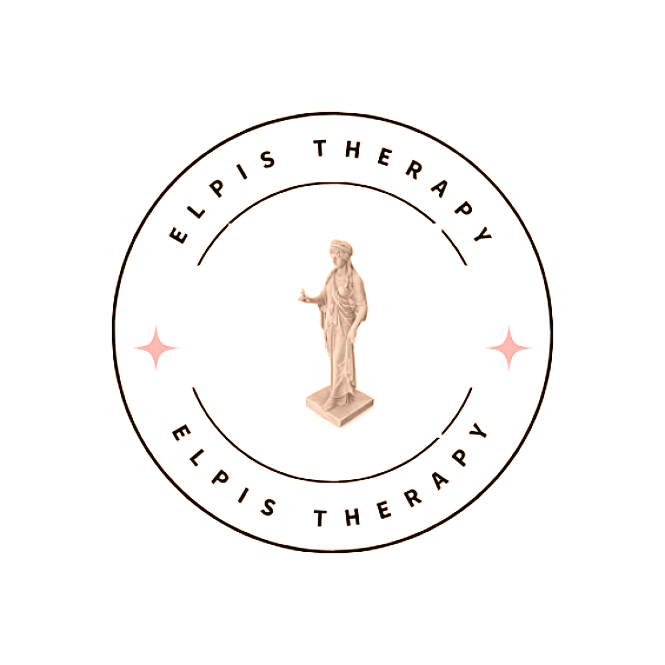Are you in a healthy relationship?
Healthy relationships are characterized by respect, trust, open communication, and shared decision-making. They involve mutual understanding, empathy, and a willingness to compromise. Both partners should feel safe, valued, supported, and respected.
If you were raised by caregivers who were on their own journey of healing and self-discovery, their unresolved wounds may have been unconsciously passed on to you, shaping how you relate to others. This often happens through subtle cues, behaviors, and emotional responses that children absorb. These inherited patterns may show up as feelings of not belonging, or beliefs that you are unworthy or not lovable. When we hold these beliefs, we tend to attract people who mirror our unresolved childhood wounds, making it difficult to recognize signs of an unhealthy relationship.
To help you reflect on your current relationship, here are some questions you can ask yourself:
Respect
Do you feel respected by your partner?
Does your partner consistently speak to you in a respectful way and honor your boundaries?
Think back: Have there been moments when your partner lost control, hurt you physically or emotionally, or intentionally said things to harm you?
Respect in a relationship means consistently acknowledging your worth, honoring your boundaries, and treating you with courtesy. Remember, you:
Need time for yourself and other commitments
Do not have to be intimate whenever your partner wants
Should not feel pressured into anything that makes you uncomfortable
Deserve consistent respect
Emotional Availability
Is your partner truly listening when you share something important?
Do they ask how you feel or make an effort to be there when you need support?
Have they made plans that exclude you or ignored your needs?
A healthy relationship is marked by emotional intimacy: feeling heard, validated, and supported. Both partners should feel free to be themselves and accepted for who they are.
Stability
Are there frequent highs and lows in your relationship?
Do you find yourself enjoying your day only to be unexpectedly attacked by your partner?
Healthy relationships allow for assertive communication without punishment or emotional retaliation. Past experiences or external stressors should never justify taking out emotions on a partner. Toxic relationships often cycle through phases of idealization, devaluation, rejection, and attempts to regain control.
Support
Does your partner celebrate your achievements or put you down?
Do they provide help without expecting something in return?
Are they present when you need them?
Your partner should be your first supporter. Mutual support is natural, not a sacrifice.
Authenticity
Do you still like your partner after noticing flaws or patterns you don’t approve of?
No one is perfect, and unrealistic expectations can cause frustration. However, constantly lowering your standards or sacrificing your values is unhealthy. True partnership involves finding someone who shares your values and meets you in the middle, without requiring you to change who you are.
Physical and Emotional Wellbeing
How does your body feel in this relationship?
Are you tense, drained, or struggling to sleep?
When did you last feel joyful or relaxed around your partner?
Emotional stress affects physical health, causing tension, headaches, and sleep disturbances. Being attuned to your physical responses helps identify whether your relationship is nurturing or harmful.
Intimacy
Do you still seek physical and emotional closeness with your partner?
When was the last time you shared quality time, held hands, or expressed love?
Intimacy strengthens bonds. Emotional connection during intimate moments shows attachment styles: avoidant partners may separate sex from love. Intimacy should not feel like a performance but a shared expression of closeness.
Involvement in Your World
Has your partner introduced you to friends and family?
Are they interested in your world, and do they interact respectfully with those around them?
Seeing how your partner engages with others, especially their family, can provide insight into their values and what your future together might look like. Consider whether you want to be part of a family with enmeshed boundaries or healthy autonomy.
If you feel unsettled or confused, seeking professional support can help you reflect, heal, and learn to love yourself. It is never too late to cultivate self-respect and self-love.
